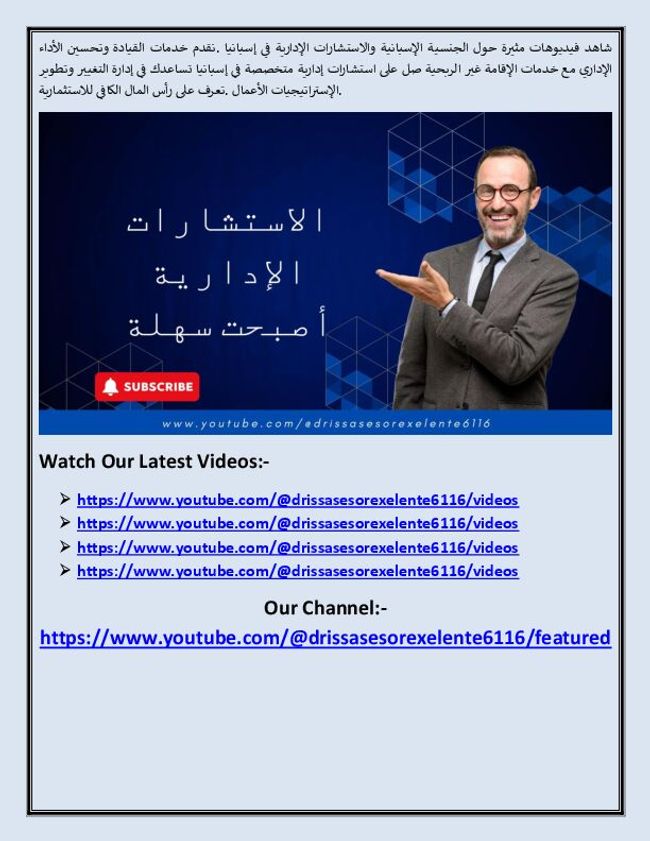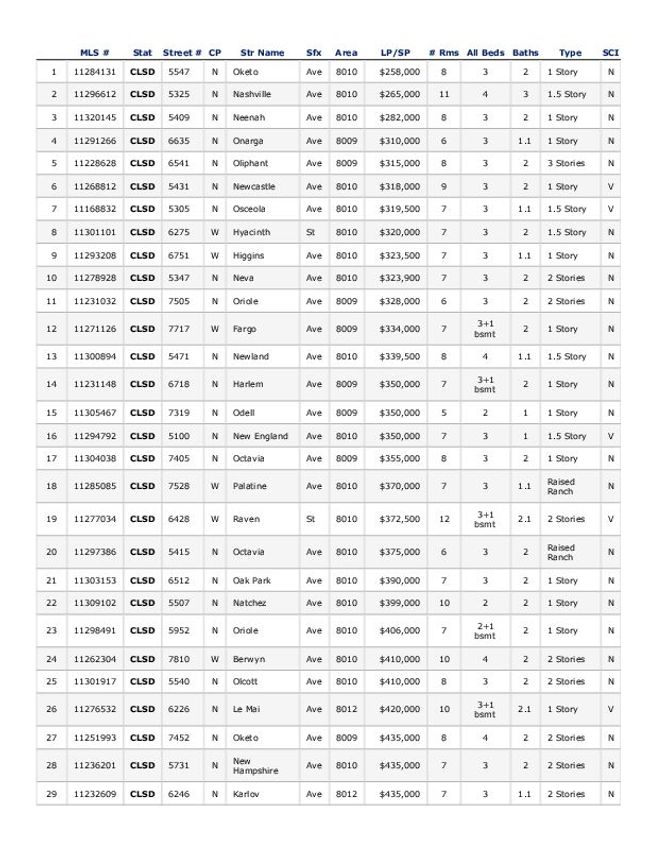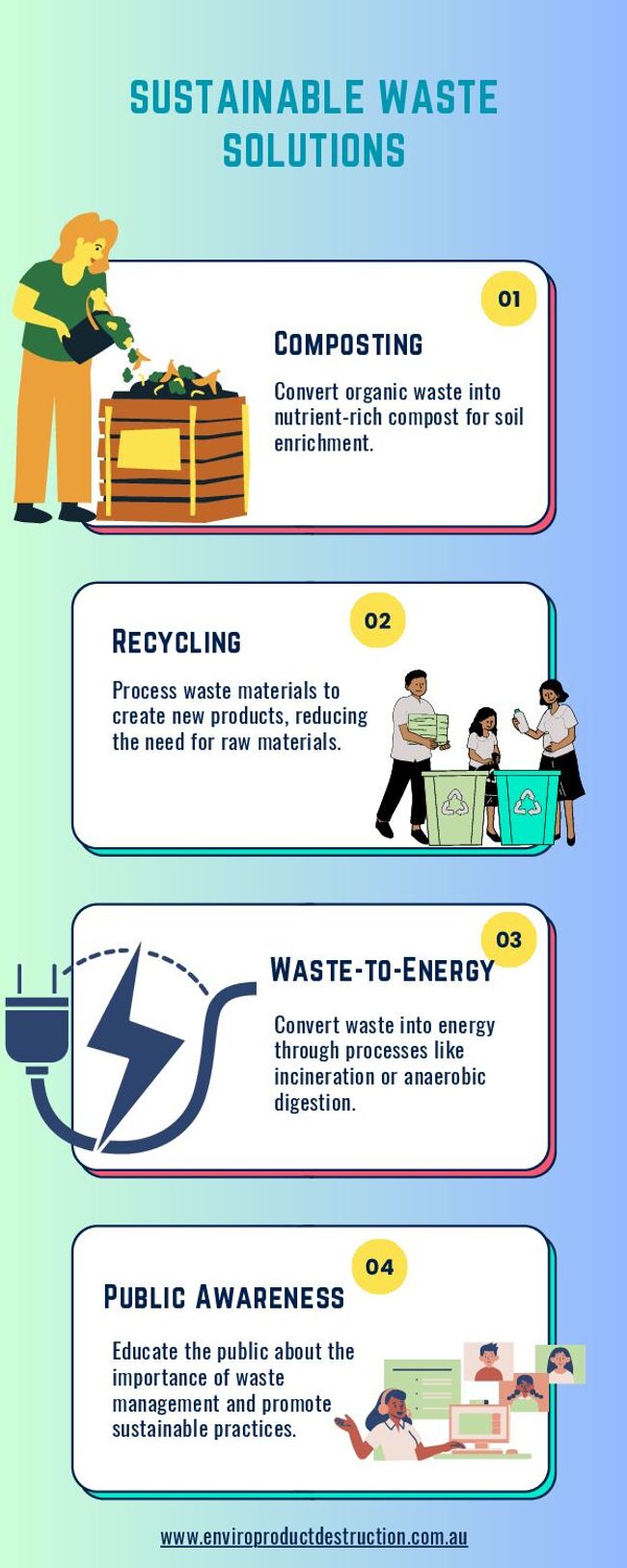Resultados da pesquisa (257,015)
[PDF] PMI Disciplined Agile Coach (DAC) Exam | Q & A
www.ProcessExam.com
Click Here---> https://bit.ly/3NCL2P7 <---Get complete detail on DAC exam guide to crack Project Management. You can collect all information on DAC tutorial, practice test, books, study material, exam questions, and syllabus. Firm your knowledge on Project Management and get ready to crack DAC certification. Explore all information on DAC exam with number of questions, passing percentage and time duration to complete test.

Damsel Film Full Review And Summery.pdf
With her emotive delivery, Millie Bobby Brown gave a spine-tinglingly amazing performance in the starring part. It was evident to the audience that she was happy, hopeful, in pain, and angry. She had distinct relationships with each of the other characters, as evidenced by her exchanges and banter with them.

Your Blueprint For Permanent Fat Loss Book PDF | Free Download
Your Blueprint For Permanent Fat Loss
Your Blueprint For Permanent Fat Loss PDF EBook Free Download ➢ EASY TO FOLLOW FITNESS PROGRAM

Practising Citizenship and Heterogeneous Nationhood
CC BY-NC
Switzerland likely has the most particular naturalization system in the world. Whereas in most countries citizenship attribution is regulated at the central level of the state, in Switzerland each municipality is accorded the right to decide who can become a Swiss citizen. This book aims at exploring naturalization processes from a comparative perspective and to explain why some municipalities pursue more restrictive citizenship policies than others. The Swiss case provides a unique opportunity to approach citizenship politics from new perspectives. It allows us to go beyond formal citizenship models and to account for the practice of citizenship. The analytical framework combines quantitative and qualitative data and helps us understand how negotiation processes between political actors lead to a large variety of local citizenship models. An innovative theoretical framework, integrating Bourdieu's political sociology, combines symbolic and material aspects of naturalizations and underlines the production processes of ethnicity.Zwitserland heeft waarschijnlijk het meest uitzonderlijke naturalisatiesysteem ter wereld: staatsburgerschap wordt toegewezen op gemeentelijk niveau en niet vanuit de centrale overheid. Dit boek bestudeert naturalisatieprocessen vanuit een vergelijkend perspectief en probeert te verklaren waarom sommige gemeenten strengere regels hanteren dan anderen. Het Zwitserse voorbeeld geeft een unieke mogelijkheid om voorbij de formele staatsburgerschapmodellen te kijken.

Himalayan Salt Stone Massage; The Ultimate Relaxation Experience.pdf
Experience the healing touch of Himalayan Salt Stone Massage Discover the benefits of this mineral-rich treatment, from detoxifying and relaxing to improving circulation and revitalizing the skin as shown in the PDF. Embrace the natural elements and therapeutic effects for a truly rejuvenating and holistic experience. Contact Us:- https://doradoesthetic.com/services/salt-stone-massage/

شرÙØ© تÙظÙÙ ÙÙÙÙات اØتراÙÙØ© Ù٠اÙÙصÙÙ
شركة تنظيف مكيفات هواء موثوقة في القصيم، تقدم تنظيفًا آمنًا وشاملًا. اعتمد على sakank.info للحصول على خدمات احترافية تُحسّن تدفق الهواء، وكفاءة التبريد، وراحة منزلك ومكاتبك.

Diabetologist doctor in Lucknow - Dr Mayank Somani
Dr Mayank Somani
Dr Mayank Somani is a best Diabetologist doctor in Lucknow. He has more than 17 years of experience and has earned expertise and knowledge. He is one of the well-known internal medicine doctors in Lucknow. He is a Medicine Gold Medalist of KGMU, Lucknow. MRCP (Diabetes & Endocrinology) from Royal College of Physicians London, UK. FCCP (Critical Care) from the USA.

Fat Reduction Huntsville for Effective Body Sculpting
Enjoy effective fat reduction Huntsville at Iconicspa.com, featuring advanced treatments to help you lose stubborn fat, sculpt your body, and boost your confidence with visible results.

How Lucid Wine Beats Traditional Wine Consultants | Lucid Wine LLC
Lucid Wine LLC
Elevate your San Francisco restaurant with Lucid Wine! Forget cookie-cutter lists. We craft unique wine programs & staff training, all budget-friendly. Contact us today!

MM Handyman Northampton.pdf
MM Handyman Northampton
Business Name: MM Handyman Northampton Address: 4 Hembury Pl, Northampton, NN4 8TD, United Kingdom Phone: +44 7401385989 Email: [email protected] Website: https://mmhandymannorthampton.com/ Working Hours: Monday to Saturday 8 AM to 5 PM MM handyman Northampton is a handyman business that covers Northampton and the surrounding areas. We are a small family business that takes pride in our workmanship and customer service. We offer a wide range of handyman services, including carpentry, plumbing, electrical, painting and decorating, and much more. We are always happy to talk to our customers about their specific needs and requirements, and we will always do our best to find a solution that meets their needs and budget. Whether you need help with odd jobs around the house or office or plan a major renovation project, we're here to help. For more information about our services or to get a free quote, please don't hesitate to contact us today.

Genesis Coloring Page - Books of the Bible
Minnie M. Cooper
Coloring page from Books of the Bible: A Children Guide

Professional Tattoo Chicago Artists Crafting Amazing Designs
For exceptional work in Tattoo Chicago, visit atmospheretattoo.com and connect with experienced tattoo professionals who focus on precision, creativity, and a safe studio environment to make every visit a memorable one.

تحسين الأداء أسبانيا.pdf
PC
شاهد فيديوهات مثيرة حول الجنسية الإسبانية والاستشارات الإدارية في إسبانيا. نقدم خدمات القيادة وتحسين الأداء الإداري مع خدمات الإقامة غير الربحية

What Is the Duration of a MOT Test
Get your Suzuki MOT at the most competitive price in Glasgow. Henrys Cars provides MOT servicing programmes and affordable prices for Suzuki MOTs, together with quality-assured support from skilled technicians. Our Suzuki-trained technicians are ready to go the extra mile as standard.That means further checks, greater peace of mind, and more value for money. And all for £45. Today is the day to book your cheap Suzuki MOT in Paisley.

Premium Wool Rugs Usa Restorationandrenovation
Explore premium wool rugs USA at Restorationandrenovation. Handcrafted in Bhadohi, our wool rugs blend heritage craftsmanship with elegant American design sensibilities. Visit Us:- https://restorationandrenovation.com/

Buy Generic Imatinib Capsules & Tablet at Wholesale Price.pdf
LetsMeds
By choosing generic Imatinib from LetsMeds, you can access the same therapeutic benefits as the branded version at a significantly reduced cost. With their exceptional customer care, wide selection of generic Imatinib brands, and commitment to affordability, LetsMeds is undoubtedly the best resource for your Imatinib needs. Take the first step towards affordable treatment today and contact LetsMeds to learn more about how generic Imatinib can transform your life.
















